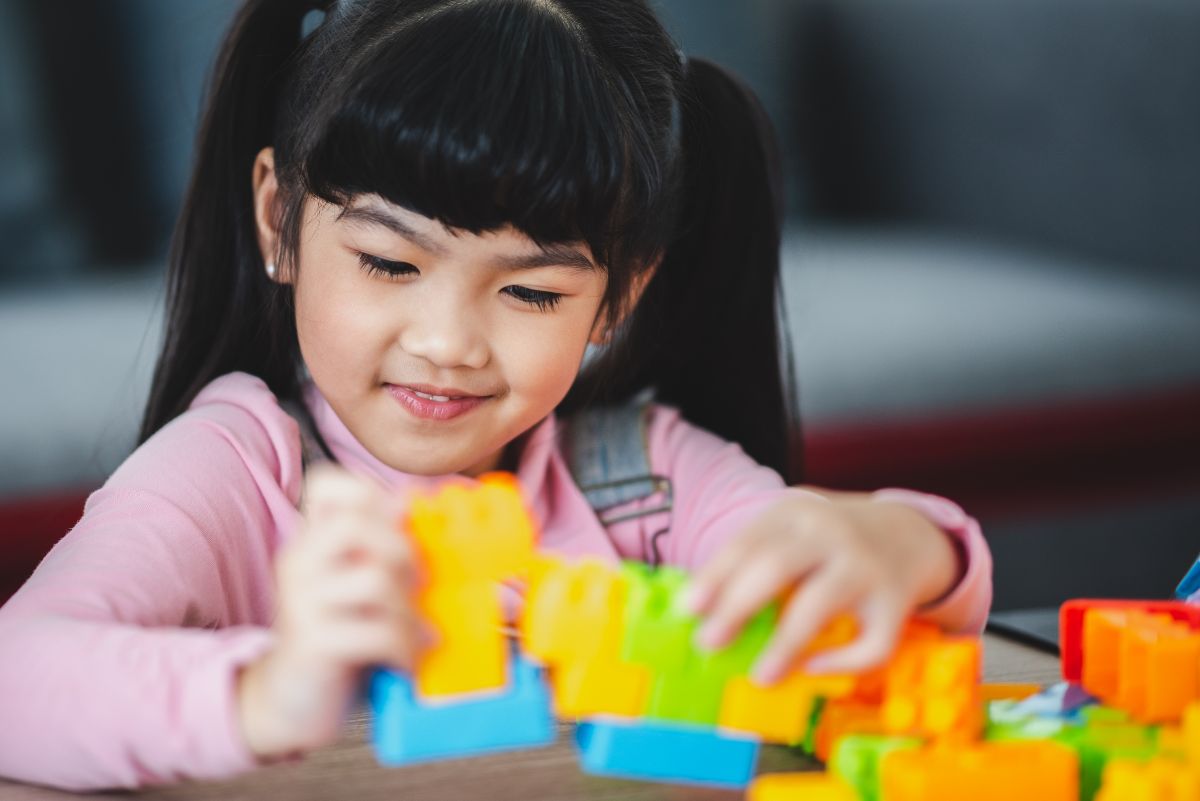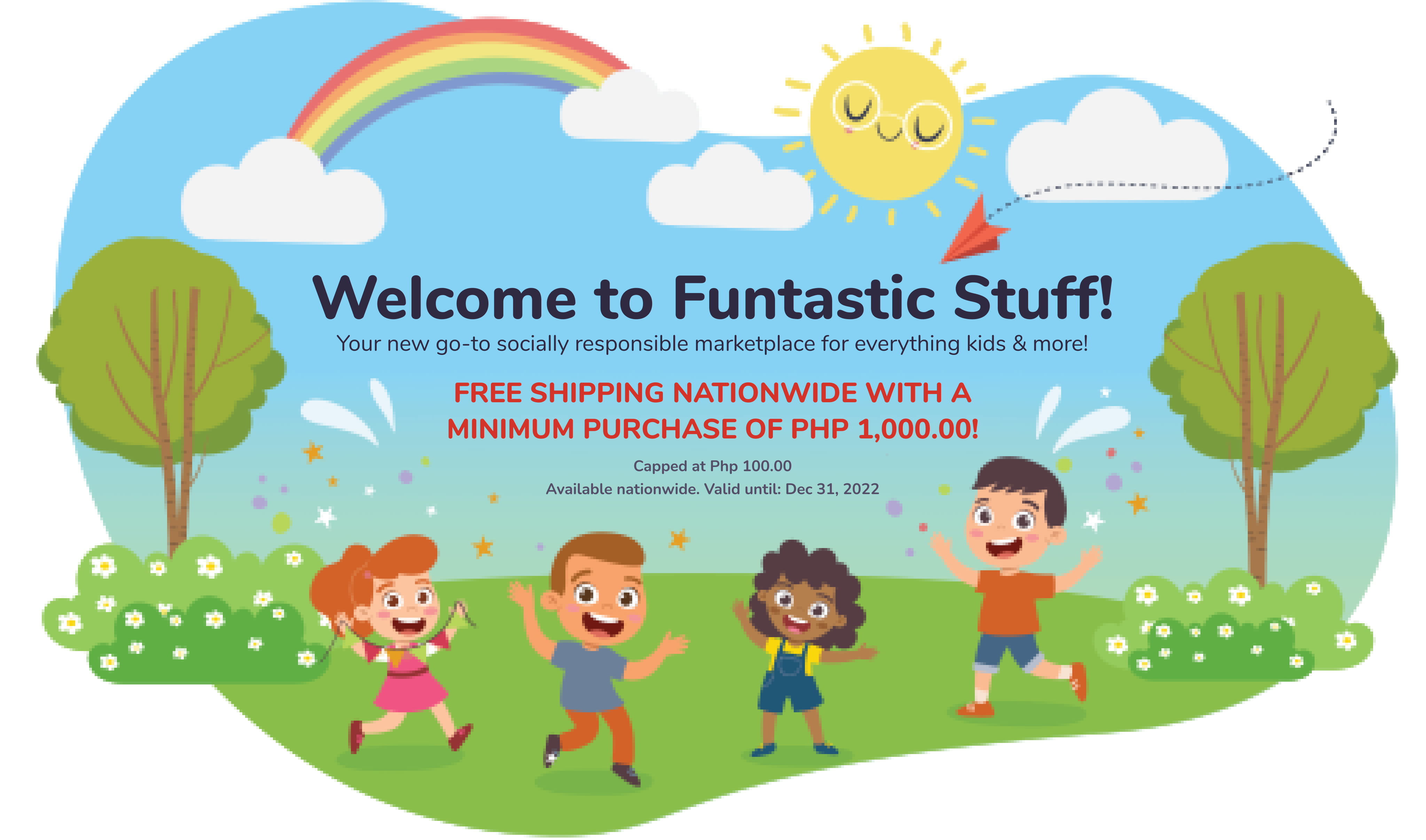
We use cookies on the site. Learn more about cookies.

Why Is Block Play Important? 10 Things it Teaches Your Child
Why is block important?
- Fuels their imagination
- Expresses creativity
- Encourages self-expression
- Builds their problem-solving skills
- Introduces math concepts
- Introduces science concepts
- Enables physical development
- Grows their self-esteem
- Supports PSED
- Provides opportunities for communication
There’s a really good reason why building blocks are a staple toy in every playroom, preschool, and daycare. Playing with building blocks teaches young children many important skills they’ll need later on in life! It provides wide-ranging, versatile learning and playing experience for children as young as 13 months, all the way up to their later childhood years.
Curious as to what your kid can gain from such a simple toy? Read on to learn why block play is important, and what valuable lessons they can teach your kid.
Fuels their imagination
Blocks are a very simple toy, but because they’re so simple, the sky’s the limit when your child plays with them. They can use their blocks to build anything they can think of. They’re encouraged to use their imagination and embark on a voyage of discovery to create the shapes and forms they’re imagining! With blocks, they can build skyscrapers, trains, or even a house!
Expresses creativity
Since children are completely free to combine and reshape blocks in any way they please, then it allows them to express their creativity. They could come up with their own designs for structures, which presents countless possibilities for them to explore. Or, they could use their creativity to come up with ways to include the things they build in storytelling and role-playing scenarios.
Encourages self-expression
Because they’re encouraged to use their imagination and creativity while playing with their blocks, your children have more opportunities to express themselves. They do so by playing out scenarios and finding unique ways to build their ideas. This is especially valuable for children who need more encouragement to communicate and engage in play.
Builds their problem-solving skills
Building blocks also offer an opportunity for young children to develop their problem-solving skills. Because they want to build new things with their toy, they are pushed to find ways to do so. They begin to use trial and error and learn firsthand what techniques work and don't work. Their ability to successfully build what they envision will set the tone for their problem-solving abilities!
Introduces math concepts
Building block sets come in many different shapes and sizes, which is one of the earliest math concepts a child learns. And, because it comes in many forms, it allows them to learn more about other important concepts like measurement, number, balance, symmetry, and more!
Introduces science concepts
Aside from math concepts, building blocks also introduce many fundamental science concepts. While playing with their blocks, children are encouraged to test hypotheses as they try new structures or designs. They also practice scientific reasoning when they try to come up with solutions. This toy also introduces them to the concepts of balance, weight, gravity, and spatial awareness!
Enables physical development
To play with their blocks, children need to be able to reach, lift, move, and connect them, which means they have to use their fingers, hands, and arms. As a result, playing with blocks allows children to practice their motor skills while also developing their muscles. Depending on the size and shape of the blocks, they might also develop more precise movements as they attempt to build more complex structures!
Grows their self-esteem
Your child is encouraged to take risks in their block play and build structures and shapes they have never tried before. This helps them discover that, not only do they have unique ideas, but they can also independently create something of their own. This gives them a sense of achievement when they can successfully build something, building up their self-esteem in the process.
Supports PSED
Personal Social and Emotional Development (PSED) is an area of learning that is important for children of all ages. Getting support in PSED allows them to have social skills, emotional well-being, and a positive attitude towards new situations.
Block play supports PSED learning because it is a toy that can be enjoyed and shared with others. Engaging in block play with family or other children teaches them how to share, co-construct, and negotiate with other people. It also helps them forge new friendships and understand how to cooperate with people.
Provides opportunities for communication
As your child experiences new things through block play, it also presents opportunities for them to work on their communication skills. They are encouraged to speak to playmates to negotiate, ask for help, and co-construct. Their vocabulary and language skills are also expanded as they learn new shapes, colors, and structures.
How can I join my child in block play?
The best way to join your child in block play is to be an active participant! Engage them in creative, make-believe games where you encourage them to try building new things and playing out new scenarios.
While doing so, make sure that you’re helping them explore their ideas, while also allowing them to take risks in their block play. Remember: block play is supposed to be fun, so keep things light and just enjoy playing with your child!
If you’re wondering what kinds of blocks to get your little one, here’s a tip — the more complex they are, the less appropriate it is for younger children. So, sets like ZIGO Jr. My First Building Blocks and Fun with Letters Blocks are best for babies as young as 2 and 3 years old. Sets like Space Heroes from Funtastic Stuff are better for children 5 years and above.
Key Takeaway
There are many reasons why block play is important for your children. It not only teaches them critical skills they’ll need later on in life, but also provides opportunities to explore their creativity, and build up relationships with other children and family!





